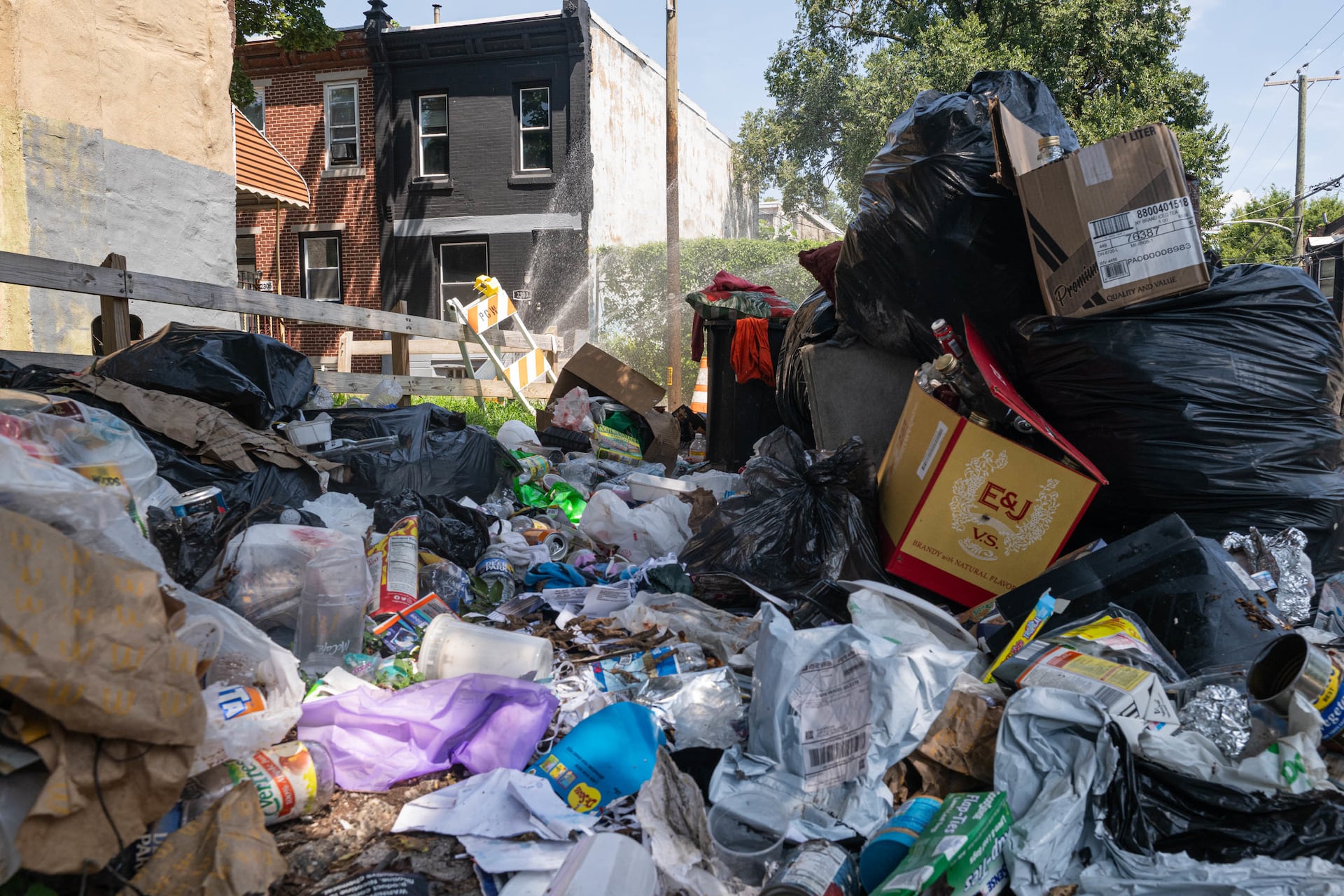US diplomat declines to share information with judge regarding deported individual.

United States Secretary of State Marco Rubio has reiterated the administration’s commitment to its approach regarding the case of Kilmar Abrego Garcia, a man who was deported to El Salvador despite a prior immigration ruling intended to protect him. The situation has raised important questions about the balance of power between the executive branch and the judiciary in the realm of foreign policy and immigration enforcement.
During a recent cabinet meeting, Rubio was asked directly whether he had formally requested the return of Garcia. His response implied a clear disengagement from judicial oversight, asserting that he would not disclose such information to a judge. This reflects the broader stance of the Trump administration concerning its authority in shaping foreign policy without constraints from the judiciary.
The legal context surrounding Garcia’s deportation is significant. US District Judge Paula Xinis mandated that government attorneys provide updates on any actions taken to facilitate Garcia’s return to the United States. Following a brief suspension of this directive, new deadlines have been set for administration officials to submit sworn testimony concerning the procedures taken to rectify the situation.
Abrego Garcia, previously a resident of Maryland, has been detained in El Salvador since mid-March following his deportation during an operation that critics argue lacks due process. The initial deportation was based on previous legal provisions that forbade his removal, as he was deemed at risk for persecution by gang violence, a common concern in certain regions of Central America.
Despite the administration’s classification of Garcia as a potential member of the MS-13 gang, legal experts question the validity of such claims, particularly in light of his lack of specific charges. In contrast, the government’s assertion has sparked controversy, particularly over reliance on anecdotal evidence such as tattoos, which experts argue do not conclusively establish gang ties.
This case underscores the complexities of immigration law and policy in the United States, inviting broader discussions concerning human rights, judicial power, and the treatment of immigrants. As dialogues continue regarding Garcia’s case, the implications for both domestic policy and US relations with El Salvador remain potent.
Judge Xinis had previously ordered that Garcia be returned by April 7, noting a lack of due process during his deportation. While efforts to force compliance with this decision have faced challenges, the ongoing legal proceedings reflect the tensions inherent in immigration policy enforcement and the evolving standards of due process for individuals facing deportation.
In light of these developments, Garcia’s situation has drawn national attention, highlighting critical issues surrounding immigration policy that resonate with many communities, including those advocating for fair treatment of immigrants and emphasizing human rights. This case serves not only as a focal point for debates within the United States but also offers insights into the interconnectedness of immigration, judicial oversight, and international relations in modern governance.
#PoliticsNews #MiddleEastNews






